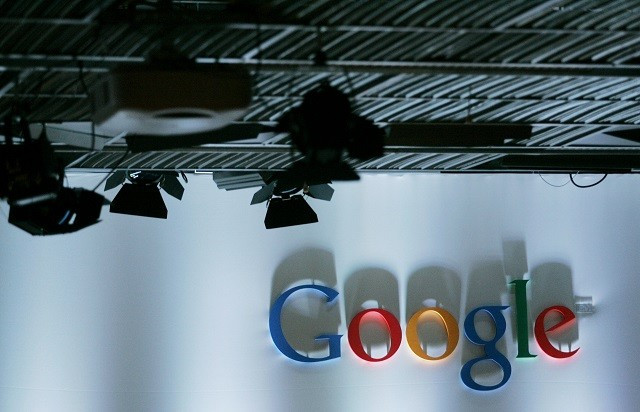Google rejects EU's antitrust complaints citing benefits to consumers and advertisers

Google (Nasdaq:GOOG) has rejected the European Union's antitrust complaints against it, saying the case is "wrong as a matter of fact, law and economics". The company's comments came in its lengthy reply to the EU, which accused the internet giant of abusing its search dominance in the comparison-shopping market.
In April, EU Competition Commissioner Margrethe Vestager sent a so-called statement of objections (SO) to the company, threatening fines and other regulatory actions. In a response, running into more than 100 pages, Google rejected the EU's claims, saying its services actually helped rivals as well, while increasing choice for European consumers.
"The SO says that Google's displays of paid ads from merchants (and, previously, of specialised groups of organic search results) 'diverted' traffic away from shopping services. But the SO doesn't back up that claim, doesn't counter the significant benefits to consumers and advertisers, and doesn't provide a clear legal theory to connect its claims with its proposed remedy," Google's lawyer Kent Walker said in a blog post, summarising the company's reply.
Walker said Google's response provides evidence, including traffic analysis, economic data, and an array of documents and statements, to show that the EU's concerns were without merit. He added that the EU failed to consider how Google helped drive traffic of shopping services like Amazon and eBay.
More choice for consumers
"The universe of shopping services has seen an enormous increase in traffic from Google, diverse new players, new investments, and expanding consumer choice. Google delivered more than 20 billion free clicks to aggregators over the last decade in the countries covered by the SO, with free traffic increasing by 227% (and total traffic increasing even more)," Walker noted.
Google's new Shopping Unit ad format is not anti-competitive, according to the company. On the contrary, it improves ad quality and makes it easier for consumers to find the right product.
"We show these ad groups where we've always shown ads -- to the right and at the top of organic results -- and we use specialised algorithms to maximise their relevance for users. Data from users and advertisers confirms they like these formats. That's not "favouring" -- that's giving our customers and advertisers what they find most useful," Walker writes in the blog.
According to him, the SO seeks a "peculiar and problematic remedy" from Google, requiring the company to show ads sourced and ranked by other companies within its advertising space. This would harm the quality and relevance of the search results, Google claimed.
"We believe that the SO's preliminary conclusions are wrong as a matter of fact, law, and economics. We look forward to discussing our response and supporting evidence with the commission, in the interest of promoting user choice and open competition," he concludes.
© Copyright IBTimes 2025. All rights reserved.






















